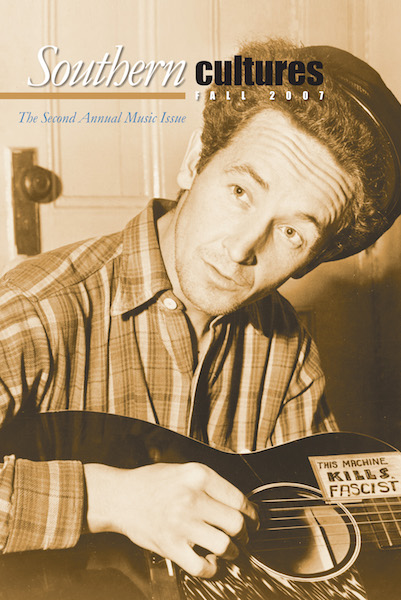“Lavishly illustrated ads told of broken love affairs, loneliness, violence, and jail, in concert with travel to and from the South–by train and boat, on foot and in memory.”
In January of 1926, a record advertisement for Bessie Smith’s “Florida Bound Blues” appeared in the Chicago Defender‘s entertainment section, showing the blues queen wrapped in overcoat and scarf, waving farewell from a southbound caboose. “It’s so cold up North,” Bessie complained in the ad, which told readers they could buy the record at Kapp Music Company, 2308 West Madison Street. Outspoken advertisements for blues records—termed “race records” by the industry—appeared by the hundreds in the Defender during the 1920s, opening a venue within the newspaper through which African Americans could encounter the artists. These lavishly illustrated ads told of broken love affairs, loneliness, violence, and jail, in concert with travel to and from the South—by train and boat, on foot and in memory—despite the Defender‘s editorial stance urging black southerners to leave the region. Practically every entertainment section featured two or three ads, juxtaposed with editorial content that promoted musical success through industry, frugality, and moral living. Curiously, the paper wrote very little about the performers in these ads. Only once during the decade, for example, was Bessie Smith the subject of a weekly musical column, yet the paper carried over a hundred ads for her records alone. While the Defender‘s founder and publisher, Robert S. Abbott, advised blacks to leave the South rather than to fix it, here was Bessie preaching about going back.


